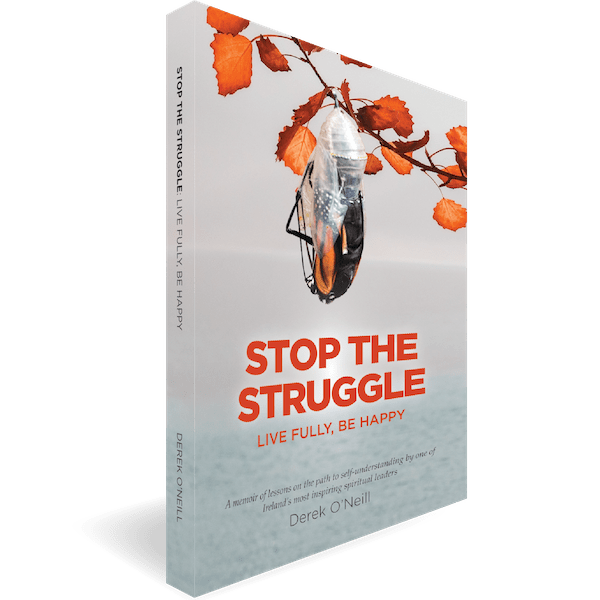Negative Pivot Points
I feel confident in saying that if you don’t have a void that needs to be filled, then someone close to you has one. And I will go even further in saying that these voids are the result of pivot points, powerful events involving formidable people that can determine how we see ourselves and how we react to the world around us. Pivot points can be either demoralizing or moralizing; as when you meet a person of authority in your childhood who makes you feel good about yourself and gives you confidence that lasts a lifetime. As I have learned, there is goodness and grace all around us; we need only develop the ability to experience it.
But the sad fact is that negative events in a person’s life carry far more emotional weight than the positive. I am not sure why this is true, but I do notice in both my patients and the general public, that people focus far more on negative events than positive. And those negative events – even seemingly small ones – carry a much greater ability to damage a person, than larger positive events do to heal them.
Negative pivot points are almost always at the root of struggle.
I can say with assurance that all of the patients I’ve treated who are in the midst of struggle have pivot points that are related to the six categories of struggle: anger, fear, addiction, shame, excessive desire for status or money, and toxic need for love and/or acceptance. And I can also say that I have struggled with many of these sources of pain myself. We all have. Hence, the Get A Grip books I have written on each of these subjects.
Live Fully, Be Happy
The goal in this book is to bring the struggle back into balance or eliminate it completely. Doing this is not an easy task, given that negative pivot points generally involve negative events with formidable people that determine how we see ourselves or react to the world around us. They are events that have impressed some kind of negative behavior in our psyche, that is either aggressive or submissive.
I’ve already made it clear that finding and confronting your pivot points can lead to a breakthrough to a higher power; that place where you no longer feel uncomfortable with yourself but don’t really know why. But how is it that you clearly define your pivot points? And what do you do with your pivot points – the good and the bad ones – when you discover what they are?
These two questions are the very crux of this book. But the first question you might have is: how do I clearly define my pivot points?

Stop The Struggle is a memoir of my lessons on the path to self-understanding, shaped by physical and emotional abuse, family alcoholism, the death of a spouse, a mystical spiritual awakening and a career in psychotherapy. It illustrates how counseling and spiritual teachings can help us identify the root cause of our struggles and transform their negative impact, so we can reach our full potential, and live happier and healthier lives.
Read this book with an open mind, stop the struggle and become everything you were born to be.
Love Love Love Derek
Derek O’Neill, fondly referred to as the Celtic Sage, inspires and uplifts people from all walks of life, offering guidance to influential world leaders, businesses, celebrities, athletes and everyday people alike. Distilled from his life work in psychotherapy, a martial arts career and study with wise yogis and Indian and Tibetan masters, Derek translates ancient wisdom into modern day teachings to address the biggest challenges facing humanity today. For additional insights listen to his free radio archives explore over 20 personal development books including Stop The Struggle, Bullying, Love/Divorce, Grief, Mindfulness, Anxiety, Stress and Depression.
Image courtesy of Sam Manns.













